Dogs have undoubtedly earned their place as members of our families, and it’s natural to feel a strong emotional bond with our dogs. In fact, our brains respond to our dogs in much the same way as to our own human children!* With this powerful emotional response, it’s easy to treat dogs like they’re human sometimes, and we do love to anthropomorphise other species! It’s a way to try to relate to them by seeing a glimmer of ourselves. However, though we share some qualities, dogs are fundamentally different from us and treating them like humans can lead to behavioural and psychological issues with lasting consequences.
In this blog, we’ll explore the reasons we should appreciate dogs for who they are and not project human traits onto them, for the health and wellbeing of the whole family (dogs included).
Ways We Are Similar to Dogs
Sociability Like us, dogs are social creatures. The pack coordination wolves required for hunting resulted in a social brain – a quality which was passed down to the modern dog. Dogs want to connect (as we do!), and their social order is also distinguished by high levels of collaboration and cooperation. Hormonal Responses Like us, dogs produce oxytocin, vasopressin, dopamine and other hormones that help us bond – we both feel loving through a release of oxytocin when we look into each other’s eyes! Human-Oriented Dogs are primarily focused on humans, a trait developed across thousands of years as they became scavengers around human settlements and learned to look to us for food. Relationships with Other Species Dogs also have the unique ability to be sociable with other domestic species like cats, chickens, pigs and sheep, which if they continued to predate on wouldn’t set them up well for life with humans! Friendly & Resilient Modern dogs are confident and emotionally resilient – like us. When raised correctly, they’re able to handle a huge variety of novel experiences and situations.
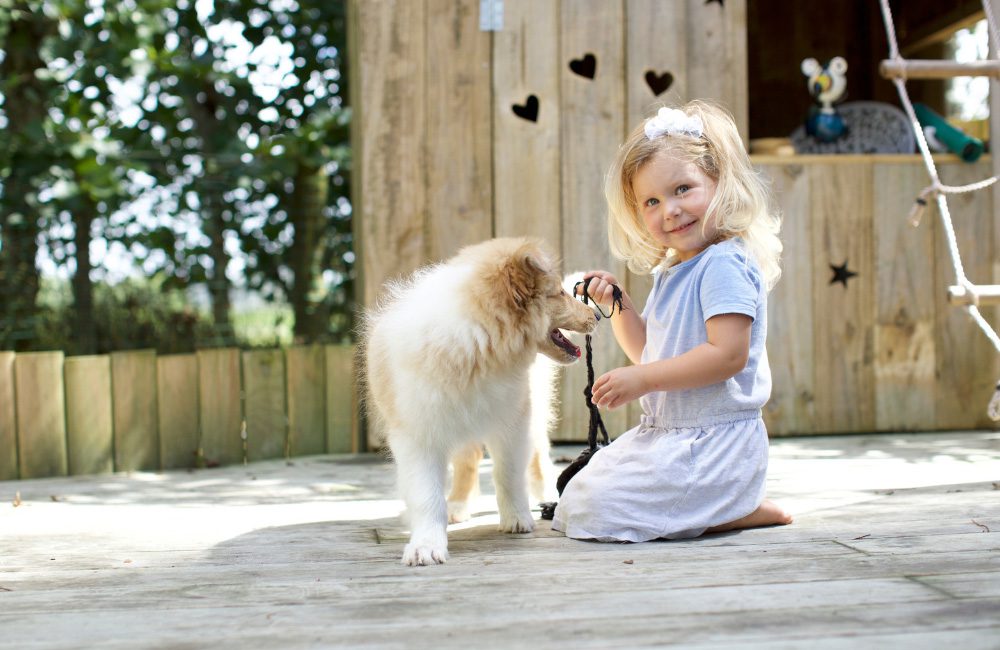
Ways We (Inappropriately) Treat Our Dogs Like Humans
Now we’ll delve into some ways we differ from dogs, and why it’s important we treat them as the dogs they are. Dogs don’t have the capacity to recognise their differences to us and adjust their behaviour accordingly, so we must adapt ourselves to their unique understanding of the world. This helps keep them safe, happy and free from behavioural issues which in turn helps us enjoy our lives with them.
Not Speaking ‘Dog’ Humans communicate primarily through spoken language, using words and complex expressions to convey thoughts, emotions, and ideas. While dogs can learn to recognise some human words, they communicate primarily through body language, vocalisations, and scents. Attempting to interpret dog behaviour with a human lens can lead to misunderstandings, for example:
-
- The right words in the wrong tone of voice: people often say “No, Buster!” or “Be nice!” in a high pitched tone of voice when the dog is jumping on or growling at someone. Buster will not hear “No” in this context, he’ll hear encouraging tones telling him he’s doing the right thing!
- Complicated phrases: I see people saying things like “If you carry on that way, we’re leaving!” to their dog. It’s nice to chat to our dogs, however, they don’t understand complex phrases, so expecting them to change their behaviour when we talk to them this way is unreasonable.
- Reprimanding them after the fact: Timing is crucial in dog communication. If you come home to find your dog has chewed your favourite shoe, telling them off at that point is useless and will only confuse them – they’ll assume they’re in trouble for whatever they’re doing at that immediate point in time, not for the shoe they chewed hours ago.
- Not recognising stress signals: dogs exhibit various stress signals such as lip licking, yawning, shaking, walking away or avoiding eye contact. Failure to recognise and act on these can escalate stress and lead to more significant behavioural problems such as biting.
- Inconsistent verbal commands: using different words to convey the same command can confuse your dog, and lead to an inconsistent response. For instance, using your dog’s name, “come here”, “come here, boy” or “over here” interchangeably for recall.
- Cuddling: many dogs perceive hugs as uncomfortable or threatening. A tight embrace can make them feel restrained or anxious, instead of loved like we intend.
- Staring: direct or prolonged eye contact can be perceived as a challenge or threat. Soft eye contact with your own dog is great for bonding, but watch for signs of discomfort and avoid this with unfamiliar dogs.
It’s important to learn how your dog understands the world, so you’re able to adapt your normal human communication style to a dog-friendly one.
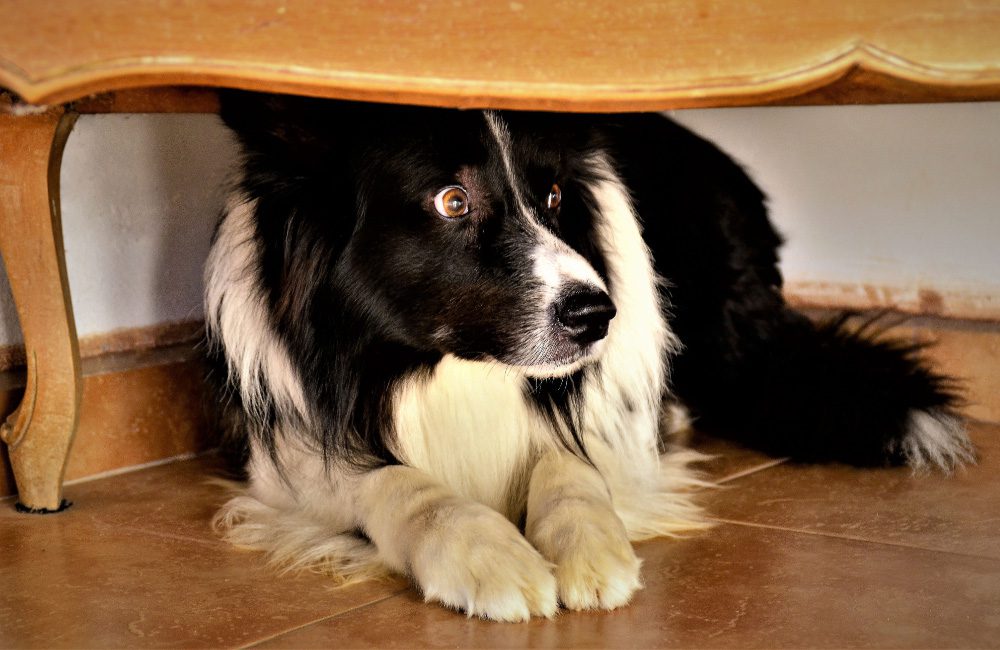
Being Overprotective
Dogs lives are considerably shorter than our own, therefore every stage of their life is condensed. The Formative Period is a period of rapid cognitive, social, emotional and physical development which sets us up for LIFE – the importance of having the right experiences during this time cannot be overstated. While in humans the Formative Period is from around 0 – 7 YEARS, in a puppy it’s from 2 – 4 MONTHS. That means we only have 2 months to set our pups up with the sociability, confidence and resilience they’ll need to last a lifetime. Imagine isolating a human child from contact with all other people, and any exposure to the outside world, until they were 7 YEARS OLD. Imagine the severe impact that would have on their sociability and ability to cope with life! That’s what it’s like if we don’t give our puppy extensive socialisation and exposure to the outside world before they are 4 months old. By this age, their social behaviours and resilience are basically set. So while we can hunker down and keep human babies cuddled up at home for a few months, we need to get puppies out and about!
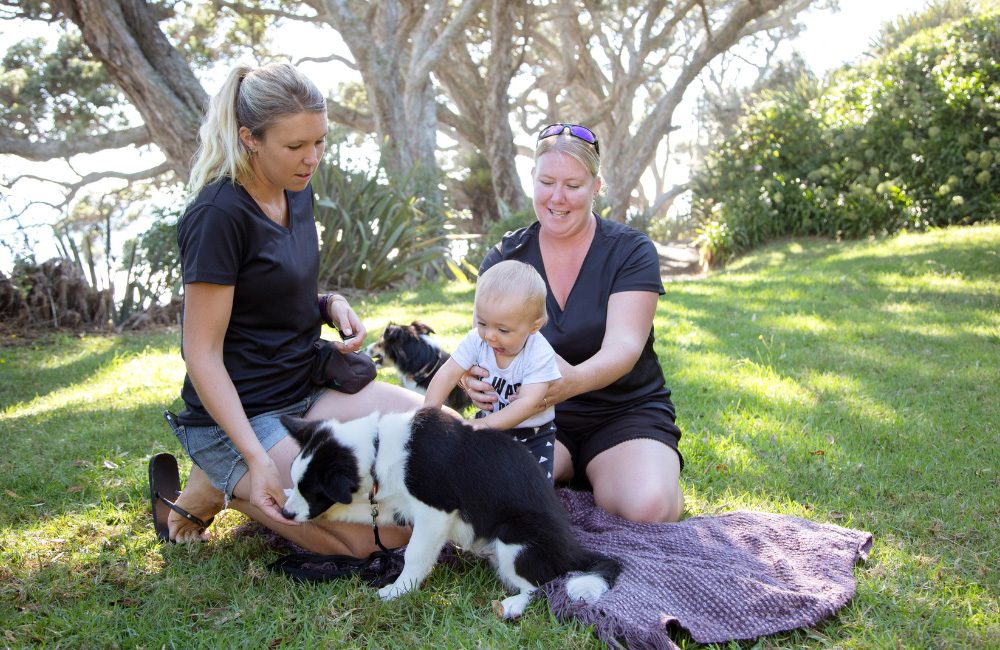
Failing to Prevent Predatory Instincts
A human child that isn’t raised with other animals will not prey upon those animals in later life, but the same cannot be said for dogs! If you don’t socialise dogs with their ancestral prey species in the formative period, many dogs will develop their natural prey behaviour and so may chase and even kill, cats, birds and stock.
Human Reasoning to Behaviours
Some problematic dog behaviours are misunderstood due to their interpretation through a human lens. For example, a dog that chews furniture or defecates in the house may be described as being “mad” or “trying to get revenge” when in actual fact the issue is stress, separation anxiety or a lack of house training. Or a dog that is protecting his food inappropriately might be described as simply being a “hungry boy!” when in fact resource guarding issues are at play. Giving human reasoning to a dog’s behaviour can lead to misplaced punishment or ineffective training, meaning the real problem goes unaddressed and gets worse.
Not Having Boundaries
Dogs require some boundaries that humans don’t need in order to relax and function well in our world, and the level they require will depend on the individual dog’s temperament. For example, showering dogs with constant attention might seem like a sign of love, but it can inadvertently create dependency issues and separation anxiety. It’s important to ensure dogs feel secure and able to cope if left on their own. Ideally, begin to leave a puppy alone for short periods of time from 8 weeks old, gradually extending how long they are left for to build their ability to cope.
Feeding Too Much Human Food Humans have diverse dietary preferences and can tolerate a wide range of foods. However, dogs have specific nutritional requirements that differ from ours. Regularly feeding your dog human foods can lead to health problems. Additionally, certain foods that are harmless to humans can be highly toxic to dogs. It’s essential to prioritise their health by not treating them like a furry version of ourselves at the dinner table.
Love is Understanding! Treating dogs like humans might arise from a place of love and compassion, but if we fail to treat them as the canines they are, behavioural issues will arise which can majorly impact their quality of life and yours! So while dogs bring immense joy and companionship into our lives, it’s essential to understand and appreciate their unique qualities and needs. Let’s all strive to strike a balance between our love for them and their natural instincts!
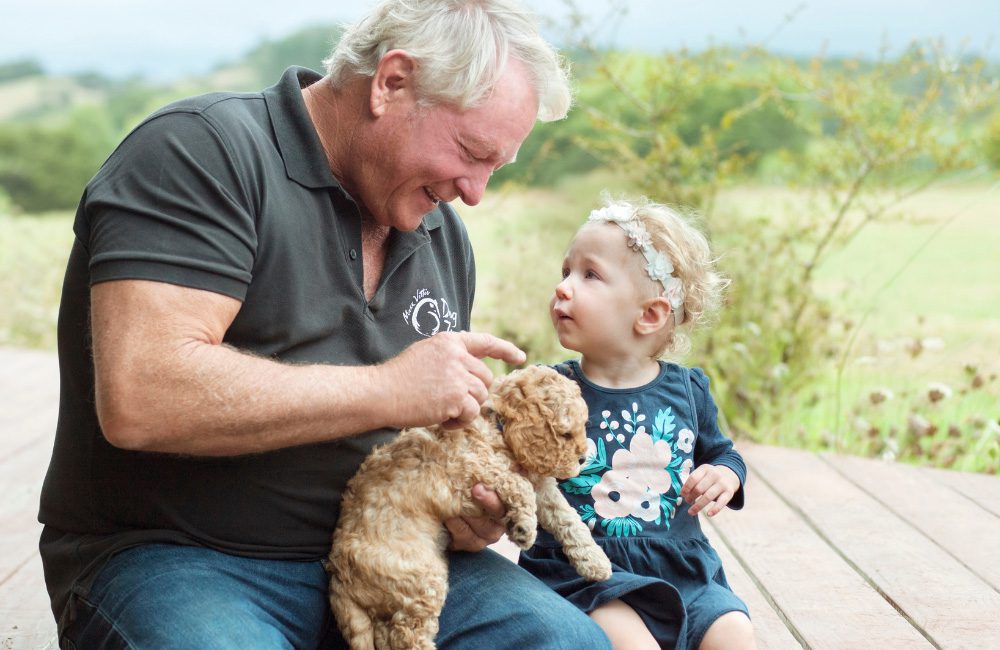
*https://journals.plos.org/plosone/article?id=10.1371/journal.pone.0107205






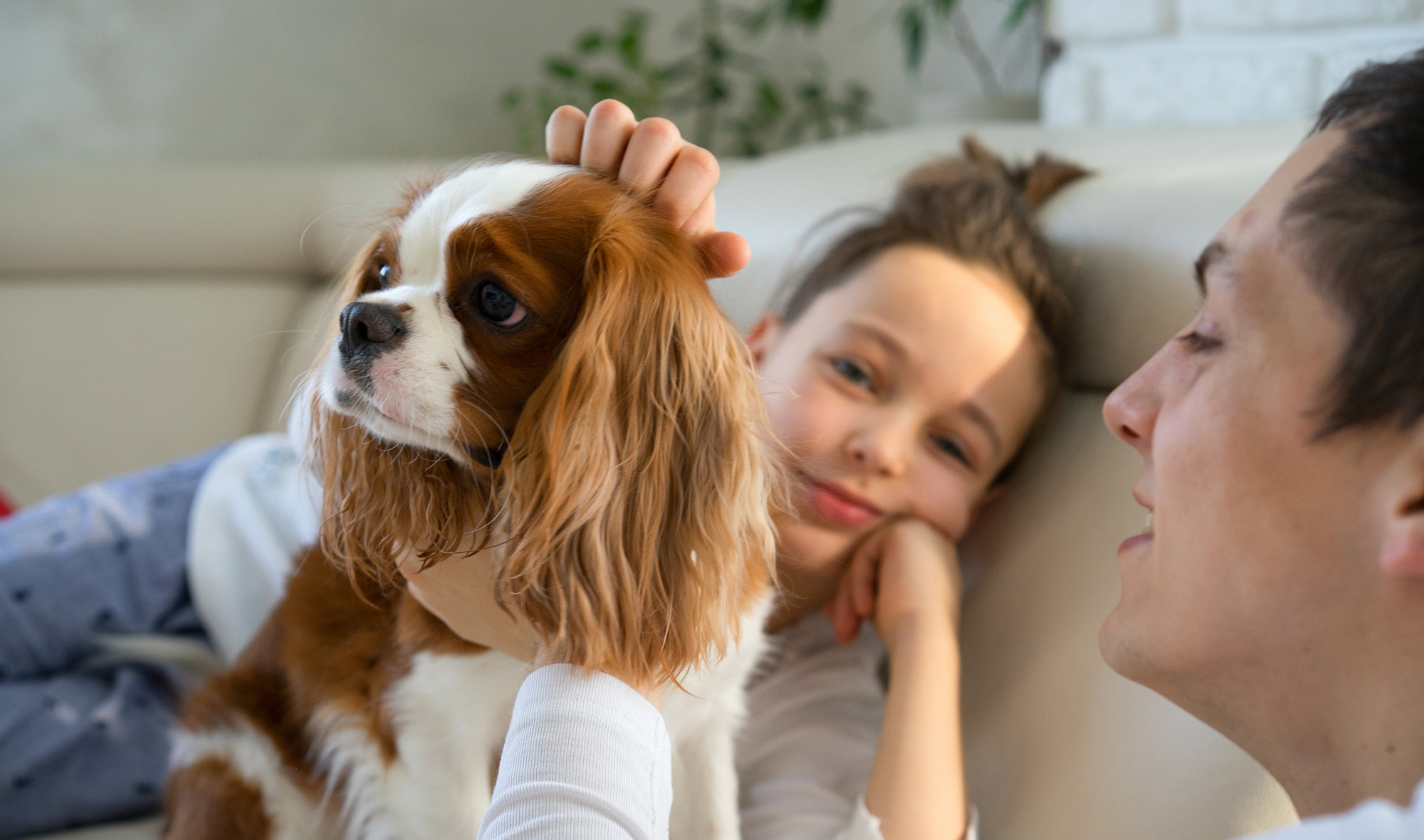
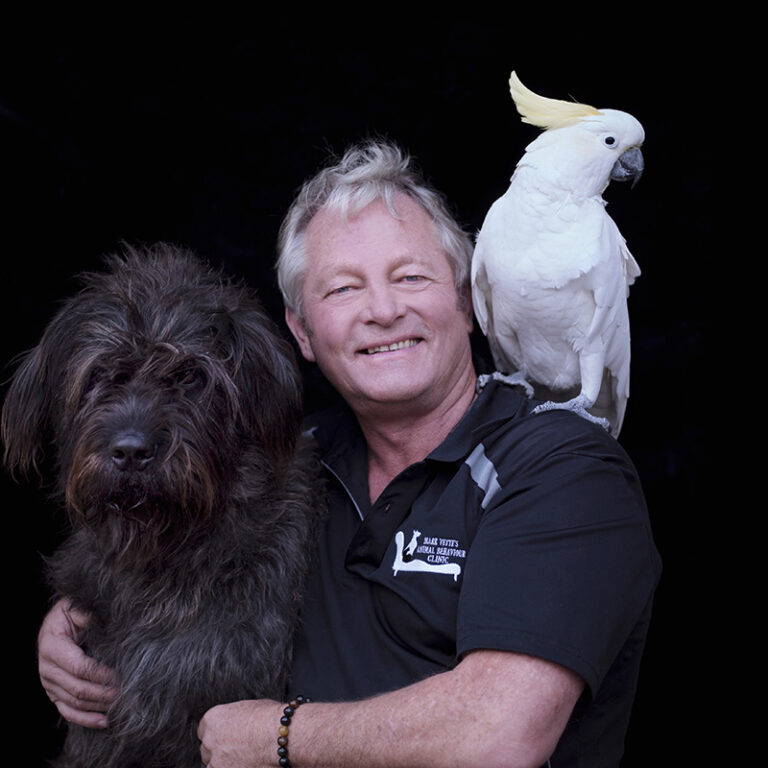



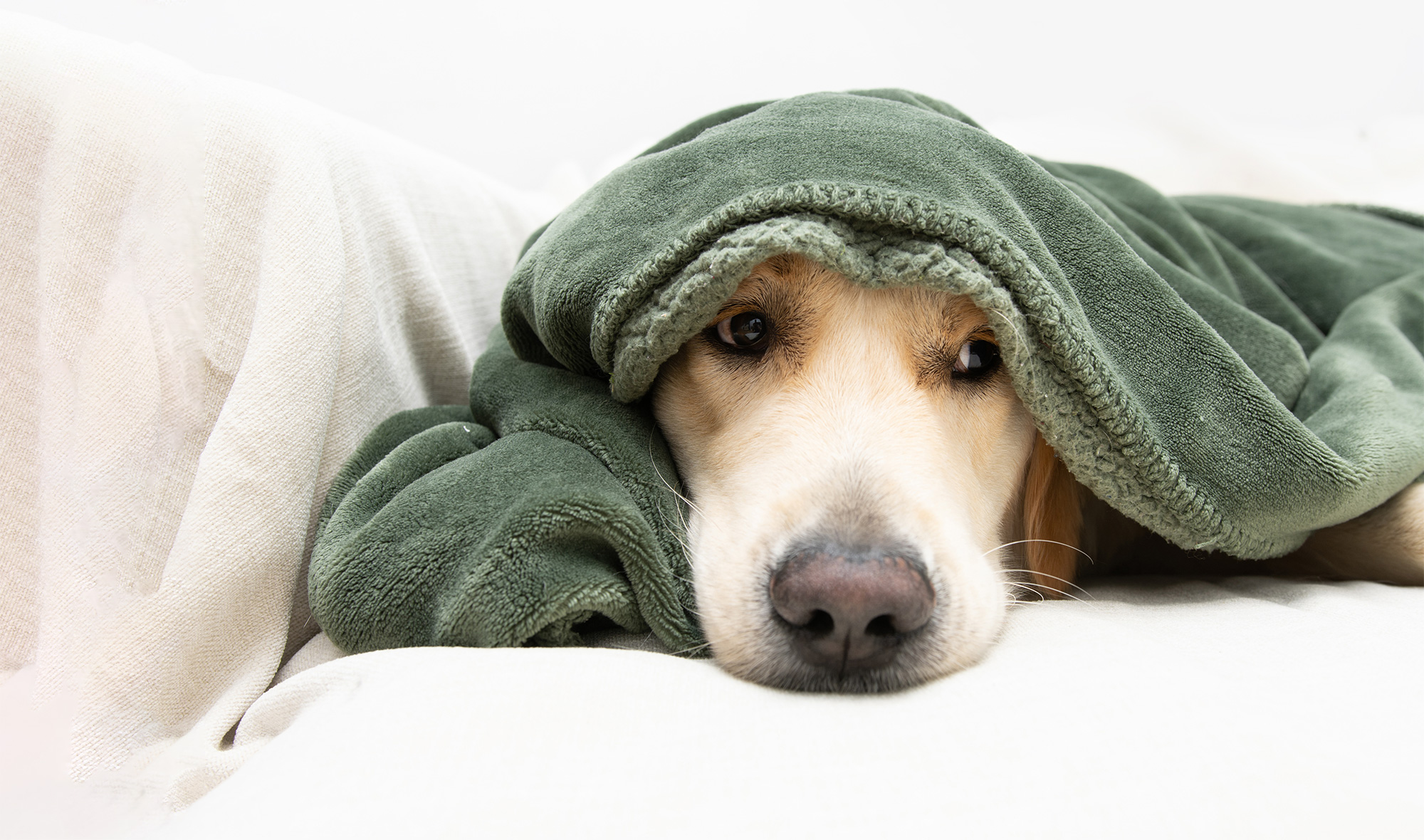


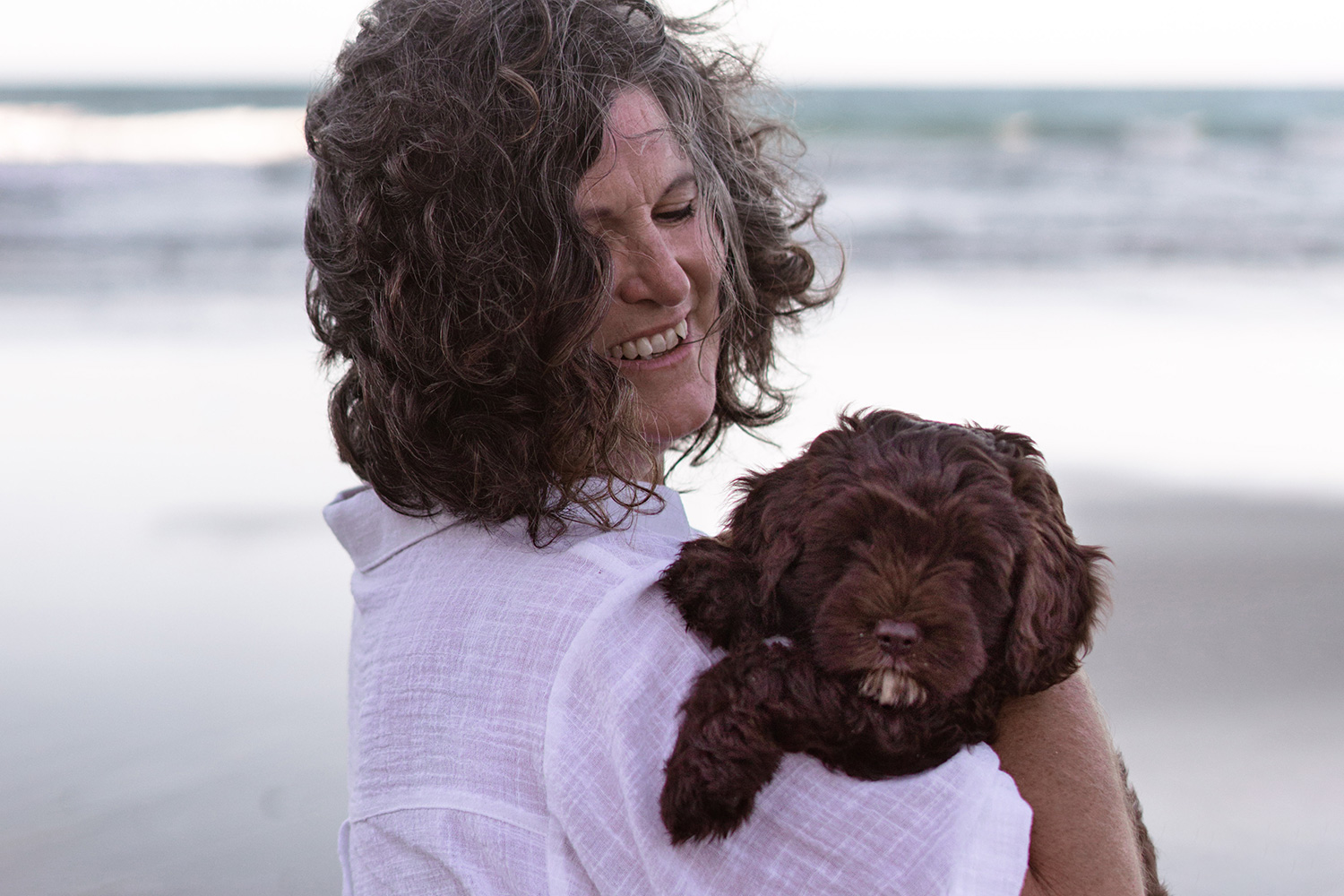

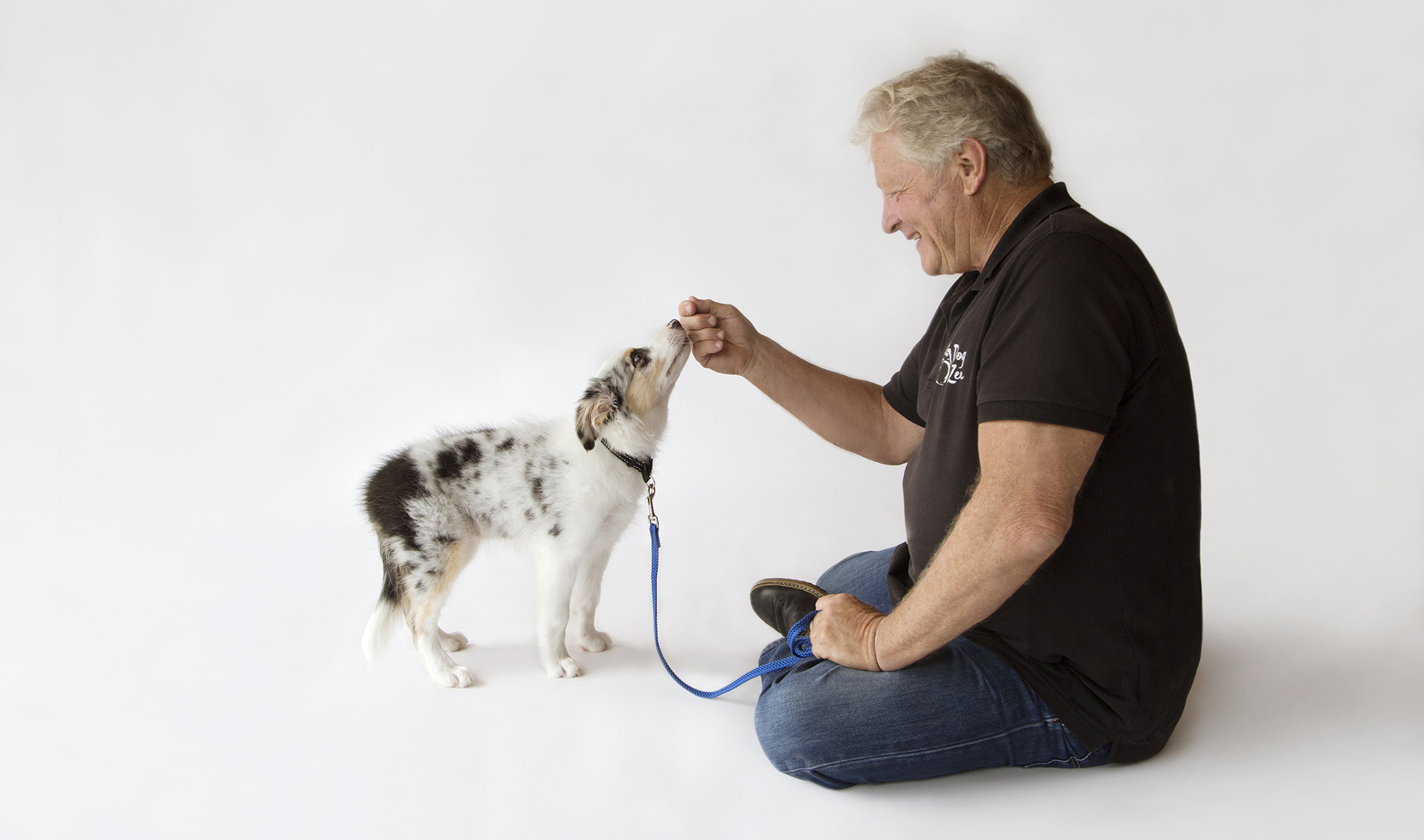

Community